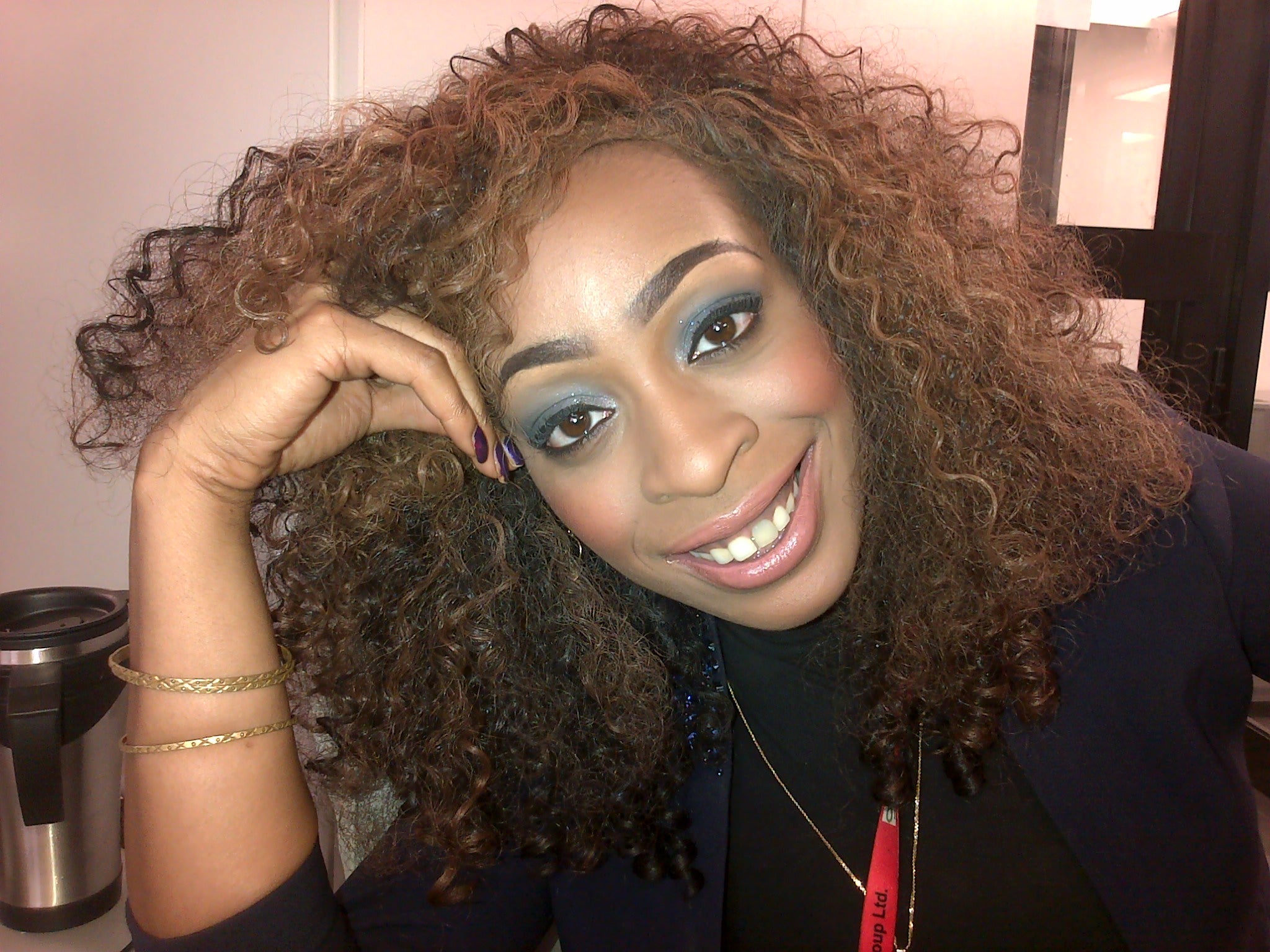
The former chief executive of the Royal Television Society has attacked the BBC for ignoring talented young black and minority ethnic staff adding to growing unease over the lack of diversity in the broadcasting sector.
Simon Albury said he visited the BBC Radio 4 Today programme in January this year and only saw one non-white face – an Asian runner “whose job was to take people to and from the studio”. The former RTS head complained that Today presenter James Naughtie had dismissed the lack of diversity on the flagship show by saying the programme was “not a sociological laboratory”.
The comments come shortly after Diane Coyle, the acting chair of the BBC Trust, said improving diversity on and off screen should be a priority for the BBC. The actor and comedian Lenny Henry is leading a campaign to force action on the issue and has warned that viewers might withhold payment of the licence fee if change is not forthcoming.
In a speech at an RTS event in London, Albury said the comment by Naughtie deeply concerned him. “It does seem odd to me is that while people get very exercised about what someone like Jeremy Clarkson said off-air two years ago, no one at the BBC seems much bothered when one of Radio 4’s ubiquitous presenters says something like this - on the record - now. Imagine the impact of Naughtie’s remarks on any black and minority ethnic journalist who might have been interested in working on the Today show or even at the BBC.”
Albury lauded a comment made by BBC Director of News James Harding, who admitted to staff last December: “We’ve got to be clear we’ve got a problem.” Harding brought in Mishal Husain as a Today presenter and oversaw the appointment of Ritulah Shah as lead presenter on Radio 4’s The World Tonight.
But he questioned the BBC’s commitment to change. He claimed that the BBC had no interest in giving journalists from minority backgrounds editorial responsibility – “it just wants to see a few of them up on screen”. He added: “On-screen representation which is not matched by off-screen employment is a hollow and deceptive gesture.”
Albury claimed that the BBC was even ignoring a succession of black British journalists who have graduated from the prestigious Columbia University Graduate School of Journalism in New York.
One example, Eno Alfred, from Barnet in north London, applied for 15 separate jobs at the BBC and never received any response other than the automatic rejection letter. Alfred, 26, who has a Masters from Columbia and a degree from the London School of Economics, is now working for a broadcaster in Lagos, Nigeria, far from her family in a country she only previously visited on holiday.
Both at the LSE and during her time in New York she took unpaid internships at the BBC and had high hopes of working for the organisation.
“When I was doing my A levels our teacher told us that if wanted an A we had to listen to Radio 4 every day,” she told The Independent. “From the age of 17 I wanted to work for the BBC. The jobs I applied for varied in terms of how much experience you needed but I was surprised to not even get to a stage where I had an interview.”
The BBC challenges this view and Tony Hall, the director general, is supporting schemes designed to bring long-term change to the diversity of the BBC workforce by recruiting apprentices.
“They offer something that’s different, that’s energising – something that will make our programmes bolder, and better. We need a broadcast industry open to all the talents our country has to offer, and I want the BBC to lead the way in helping to make that possible,” he said at a recent event. Harding said in a speech to staff in April that he was determined to introduce fundamental change.
A BBC spokesperson said: “Diversity is an industry-wide issue and the BBC is leading efforts to address this both on and off screen. At entry level, our partnerships with the Stephen Lawrence Charitable Trust and the Mama Youth Project have brought talented young people from diverse backgrounds into the BBC this year and 38 per cent of our current Production Trainee Scheme are from diverse backgrounds.”
Subscribe to Independent Premium to bookmark this article
Want to bookmark your favourite articles and stories to read or reference later? Start your Independent Premium subscription today.

Join our commenting forum
Join thought-provoking conversations, follow other Independent readers and see their replies